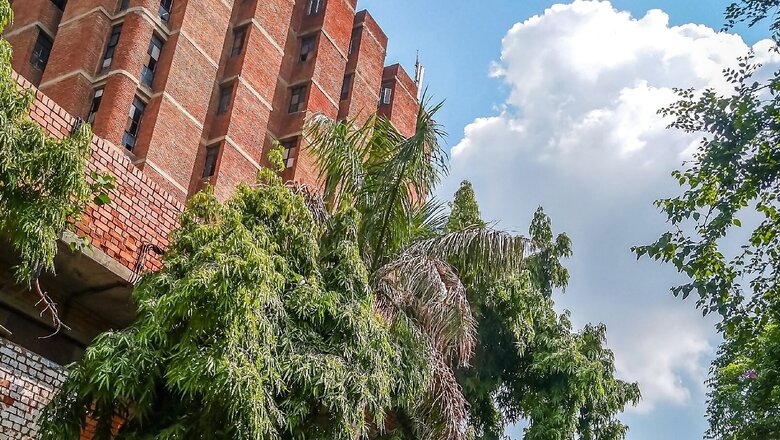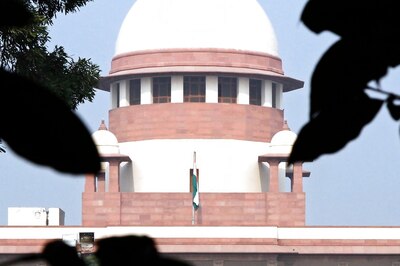
views
Delhi University has decided to increase the number of students in a lecture by around 50 per cent to 60 per batch, a move that has been opposed by teachers.
The number of students in tutorials too stands to increase three times as per the new plan of the university Delhi University’s Executive Council on Thursday passed the resolution in the matter, with two EC members dissenting against it saying the move to increase the student-teacher ratio will impact the quality of education.
Also read| DU to Hold PG Admissions via CUET From Next Year, Executive Council Passes Resolution
The DU has fixed 60 students per batch for lectures, 30 for tutorials, and 25 for practical classes in undergraduate programmes, EC member Seema Das said.
Earlier, the number of students in lectures in graduate courses was fixed at 40 and for tutorial and practical classes, it was 8 to 10 and 15 respectively.
For postgraduate courses, the numbers per batch are 50, 25, and 15-20, respectively. The university had issued a notification to colleges on November 11 in this regard.
“The Executive Council accorded its approval regarding uniformity in teacher-student ratio in all the programmes and courses being offered by the university and its colleges, both at the undergraduate and postgraduate levels vide the notification,” Das said.
Several teachers’ bodies have opposed the notification calling it “bigger-than-ideal” batch sizes The dissenting members have highlighted that the imposition of the November 11 notification will have adverse consequences on the quality of the learning process in colleges and the university departments.
In the notification, Registrar Vikas Gupta said the university came up with the rule to bring a uniformity in teacher-student ratios across all its programmes.
The dissenting members said that the raising of the tutorial group size to 30 students for UG courses and 25 for PG courses “negates” the very idea of small group interaction and denies students the opportunity to develop a deeper understanding and clarify their doubts.
The EC also approved the second semester syllabi of four-year undergraduate programmes based on the Undergraduate Curriculum Framework.
Resolutions in this regard were put forward during the meeting.
The council discussed the syllabi of 100 undergraduate courses, including BA Business Economics (Hons), BA Multimedia and Mass Communication (Hons), BSc Electronic Science (Hons), and BSc Microbiology (Hons).
“The Executive Council has approved the syllabi of the second semester of undergraduate courses,” Das said.
During the meeting, the resolution to raise the fee for PhD thesis evaluation by Rs 2,500 was also passed The thesis submission fee earlier was Rs 5,000 for students with a fellowship.
For students without a fellowship, the fee will go up by more than 80 per cent from Rs 3,000 to Rs 5,500. Vice-Chancellor Yogesh Singh exercised his “emergency power” to approve the revision of the honorarium for thesis evaluation in October.
Read all the Latest Education News here




















Comments
0 comment